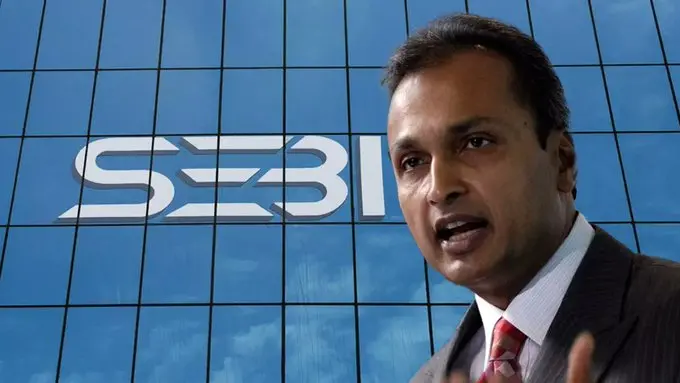In a significant move, the Securities and Exchange Board of India (SEBI) has imposed a five-year ban on industrialist Anil Ambani and 24 other entities, including former key officials of Reliance Home Finance Limited (RHFL), from participating in the securities market. This decision comes after an extensive investigation revealed a fraudulent scheme orchestrated by Ambani and his associates to siphon off funds from RHFL.
According to SEBI’s 222-page final order, Anil Ambani, with the assistance of RHFL’s key managerial personnel, disguised the diversion of funds as loans to entities linked to him. Despite clear directives from the Board of Directors to cease such lending practices, the company’s management ignored these orders, indicating a significant failure of governance.
SEBI has imposed a penalty of ₹25 crore on Anil Ambani and barred him from holding any position as a director or Key Managerial Personnel (KMP) in any listed company or intermediary registered with SEBI for the duration of the ban. Additionally, RHFL has been fined ₹6 lakh and barred from the securities market for six months.
The investigation found that the fraudulent scheme involved structuring loans to credit unworthy conduit borrowers, who in turn passed the funds to onward borrowers, all of whom were linked to Anil Ambani. This complex web of transactions was designed to siphon off funds from the public listed company, RHFL.
Shares of companies led by Anil Ambani plummeted following the announcement. The market reacted sharply, reflecting the gravity of the situation and the impact on investor confidence. This ban is seen as a stern message from SEBI to market participants about the consequences of fraudulent activities.
SEBI’s order highlights the cavalier approach of RHFL’s management and promoter in approving loans worth hundreds of crores to companies with little to no assets, cash flow, net worth, or revenue. The regulator noted that while RHFL itself should not be held equally responsible as the individuals involved in the fraud, the remaining entities played roles as either recipients of illegally obtained loans or conduits to facilitate the illegal diversion of funds.
This development marks a significant chapter in India’s corporate governance landscape, emphasizing the need for stringent oversight and accountability. It also underscores SEBI’s commitment to maintaining the integrity of the securities market and protecting investor interests.
As the dust settles, the focus will now shift to the legal proceedings and potential appeals that may follow. For now, the ban serves as a reminder of the importance of ethical conduct and transparency in corporate operations.

